Voting for the first time is a rite of passage that will make your voice heard at the highest levels. Find out the facts now, so you’ll be ready when the time comes.
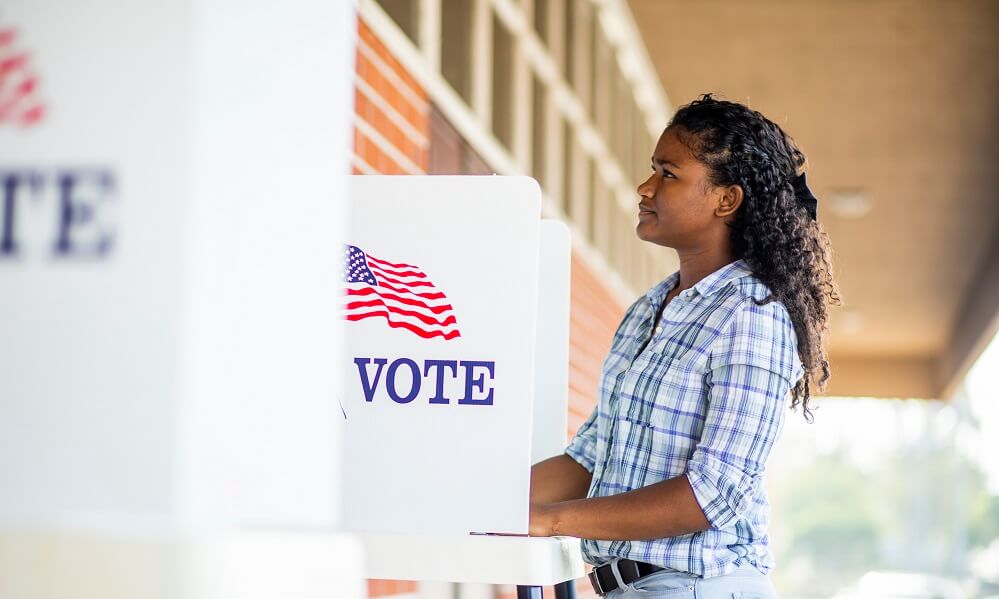

Voting for the first time is a rite of passage that will make your voice heard at the highest levels. Find out the facts now, so you’ll be ready when the time comes.

Students learning remotely have plenty of good reasons to keep their cameras off. Instructors have plenty of good reasons for wanting them on. How much should you share?
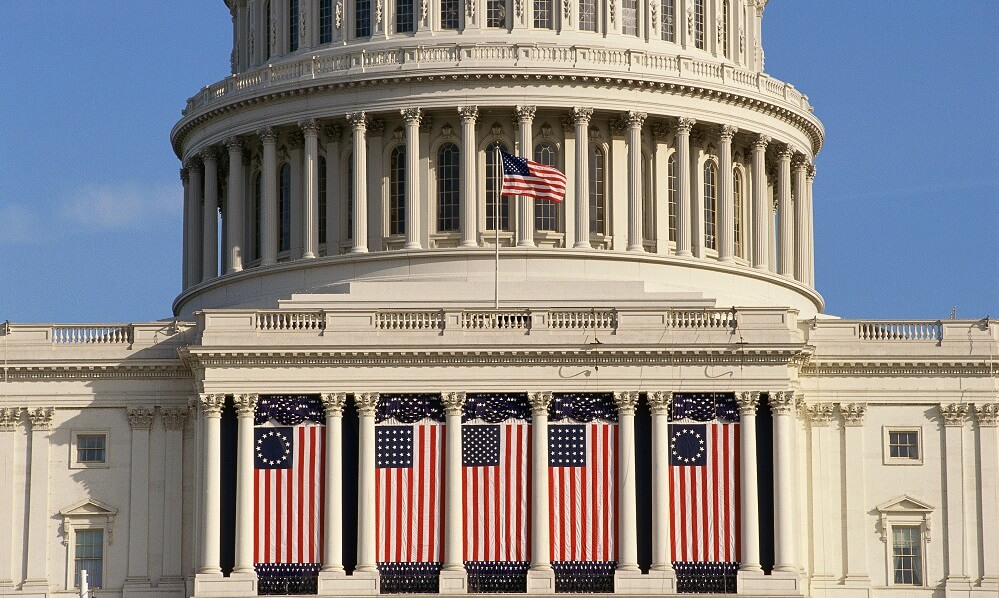
The star of the 2021 Presidential inauguration was a 22-year-old poet who had already climbed a steep hill.

In response to the educational challenges presented by the pandemic, students are arming themselves with data.

In some cultures, the passage from childhood to adulthood is marked by much more than just another birthday celebration. This short video takes us on a journey with 13-year-old Dachina Cochise as she participates in a traditional Apache ceremony that is meant to symbolize her transition into adulthood.

As school doors were closing in the spring of 2020, one Texas 8th grader was using her knowledge and curiosity to tackle the pandemic.
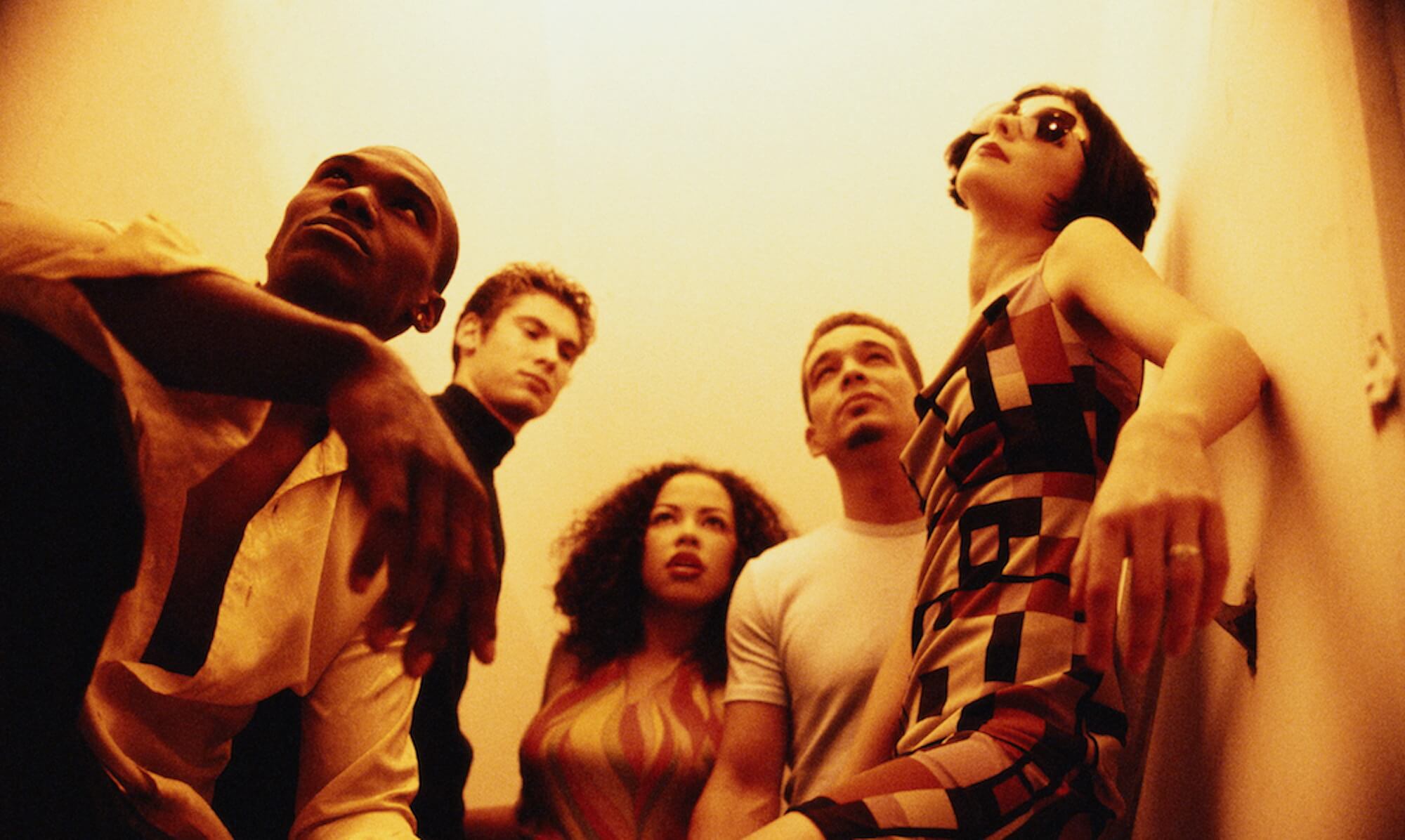
More and more people feel as if adulthood “really” starts much later than age 18.

A deficit in the development of the teenage brain has been blamed for teens’ behavior in recent years, but it may be time to lay the stereotype of the wild teenage brain to rest.

What is the biggest step toward becoming an adult? A poll taken in 2015 suggests that many people believe it has to do with financial independence.

Check out this article to see the findings of a 2015 report that examined how digital technology affects friendships between teenagers.

An eighth grader shares his experience with how the 2020 pandemic has affected his daily life and his career aspirations.

Check out this link to learn what advice some of the most famous and successful people in the world have for teenagers.

Sometimes it takes a teenager to spur adults to take action. Watch young activist Greta Thunberg explain what she asks from adults and why.

Quinceañeras are traditional Latino celebrations that symbolize the transition from childhood to adulthood for 15-year-old girls. This video and accompanying article give a bit of background on the quinceañera and look at one family’s story as an example of modern quinceañeras in the United States.

Children and teenagers can be targeted for identity theft and other “cybercrimes.” Read to learn about risky online behaviors and to get tips on how to avoid identity theft.

The end of high school brings a mixed bag of emotions and feelings, excitement and fear.
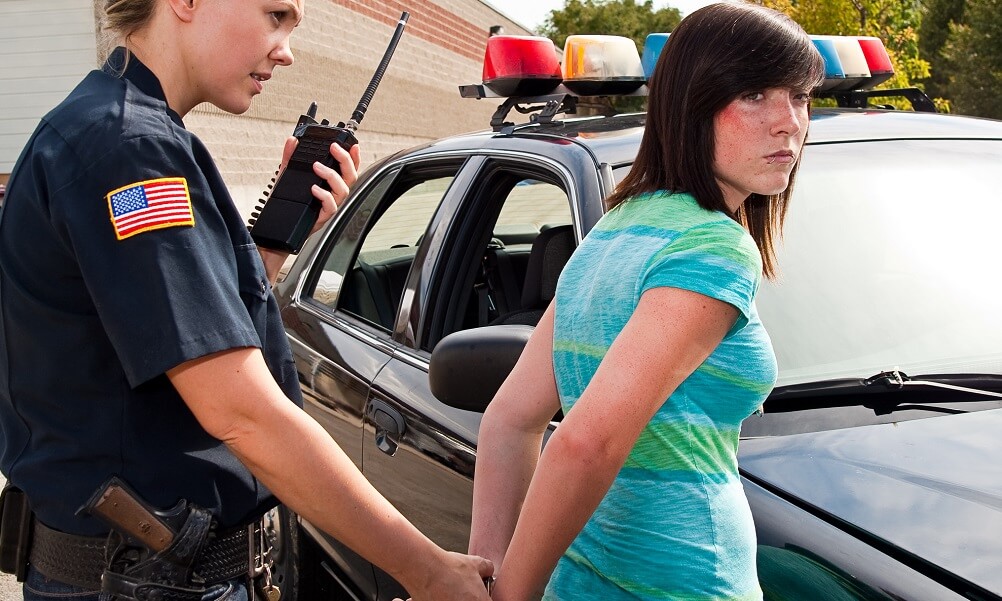
This in-depth report examines the reasons and outcomes of charging teenagers as adults in the criminal justice system.
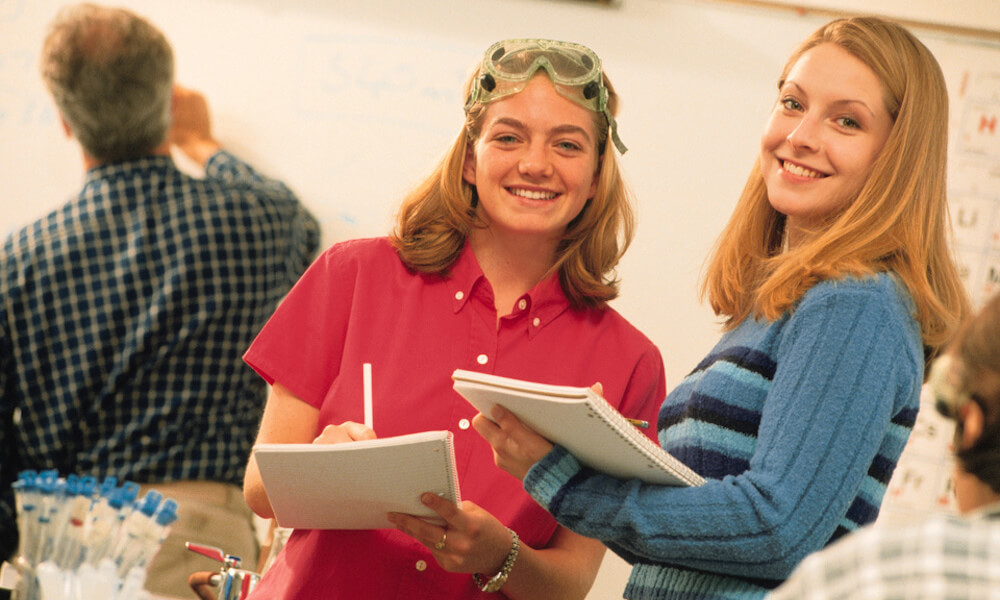
Psychologists and scientists make the case that adolescence in humans actually extends until the age of 25 and discuss the implications of this idea.
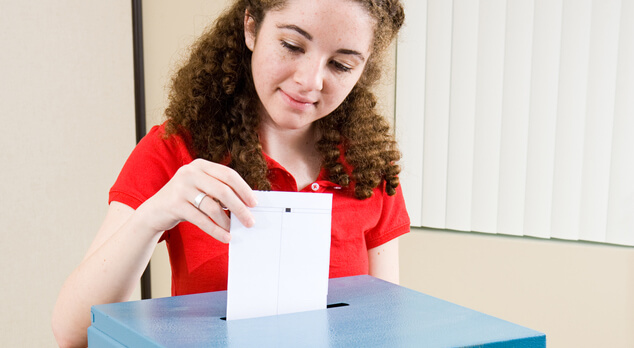
Be sure to watch the video which accompanies this article! A group of students named Vote16DC fights to expand the right to vote to younger teens.

In this podcast Sarah-Jayne Blakemore, Professor of Cognitive Neuroscience, puts forward some scientific reasons about why teenagers take risks.